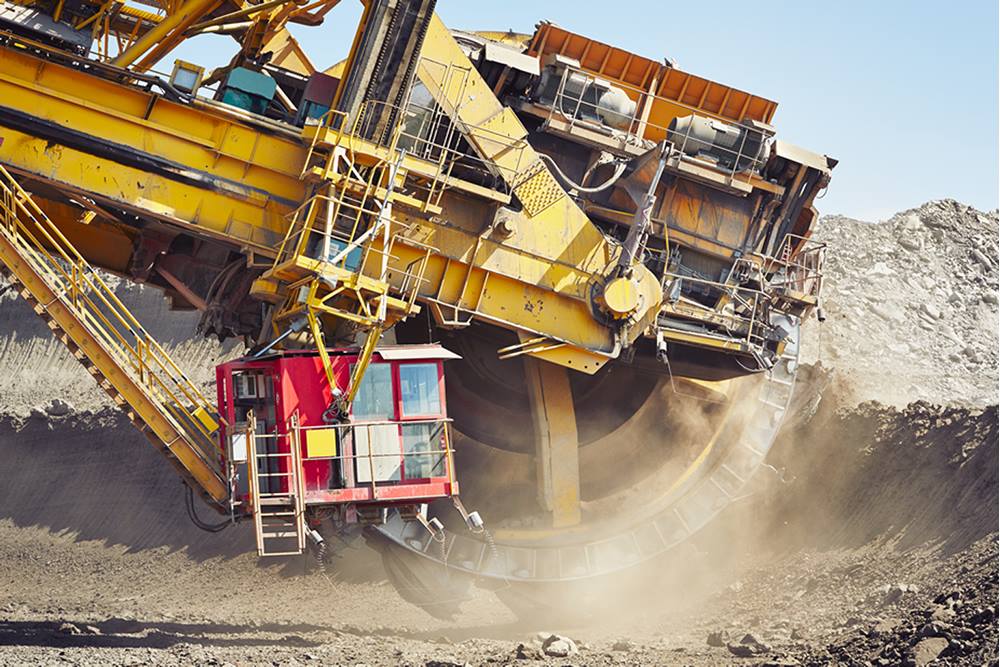
Mining, a fundamental activity that has shaped civilizations throughout history, involves the extraction of valuable minerals and resources from the Earth's crust. While mining has contributed significantly to economic growth and technological advancements, it is not without its consequences. In this blog post, we will delve into the causes and effects of mining, exploring its environmental, social, and economic impacts.
- Environmental Causes and Effects:
1.1 Deforestation and Habitat Destruction:
Mining operations often require clearing vast areas of land, leading to deforestation and the destruction of natural habitats. This loss of biodiversity can disrupt ecosystems and threaten the survival of numerous plant and animal species.
1.2 Soil Erosion and Land Degradation:
Excavation and extraction processes can result in soil erosion and land degradation, making the affected areas unsuitable for agriculture or other productive uses. This can lead to reduced food production and the loss of livelihoods for local communities.
1.3 Water Pollution:
Mining activities can contaminate nearby water sources through the release of toxic chemicals and heavy metals. This pollution not only affects aquatic ecosystems but also poses risks to human health, as communities rely on these water sources for drinking and irrigation.
- Social Causes and Effects:
2.1 Displacement of Indigenous Communities:
Mining projects often require the relocation of indigenous communities, disrupting their traditional way of life and severing their connection to ancestral lands. This displacement can lead to social unrest, cultural erosion, and loss of identity.
2.2 Health and Safety Risks for Workers:
Mining operations can expose workers to various health and safety hazards, such as respiratory diseases, injuries, and accidents. Inadequate safety measures and poor working conditions can further exacerbate these risks, impacting the well-being of miners and their families.
2.3 Social Inequality and Conflict:
The economic benefits generated by mining activities are not always evenly distributed, leading to social inequality and tensions within communities. Disputes over resource ownership, revenue sharing, and environmental impacts can escalate into conflicts, jeopardizing social cohesion.
- Economic Causes and Effects:
3.1 Economic Growth and Job Creation:
Mining plays a crucial role in driving economic growth, particularly in resource-rich regions. It creates employment opportunities, stimulates local businesses, and contributes to government revenues through taxes and royalties.
3.2 Resource Depletion and Dependency:
Excessive mining without proper resource management can deplete finite resources, leading to future scarcity and increased dependence on imports. This can have long-term economic implications, affecting industries reliant on these resources and potentially leading to trade imbalances.
3.3 Boom-Bust Cycles and Economic Vulnerability:
Mining-dependent economies are often susceptible to boom-bust cycles, as fluctuations in commodity prices can significantly impact their economic stability. Over-reliance on mining can leave communities vulnerable to economic downturns and hinder diversification efforts.
Conclusion:
Mining, while essential for meeting global resource demands, has far-reaching causes and effects that extend beyond immediate economic gains. Understanding and mitigating the environmental, social, and economic impacts of mining are crucial for sustainable development. By adopting responsible mining practices, embracing technological advancements, and prioritizing stakeholder engagement, we can strive towards a more balanced and equitable approach to mining, ensuring the preservation of our planet's resources for future generations.
